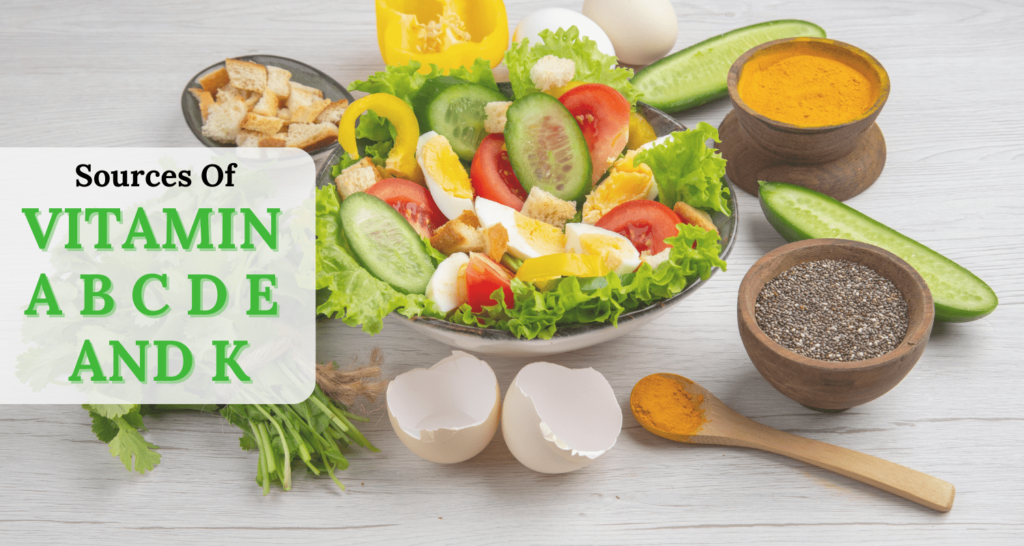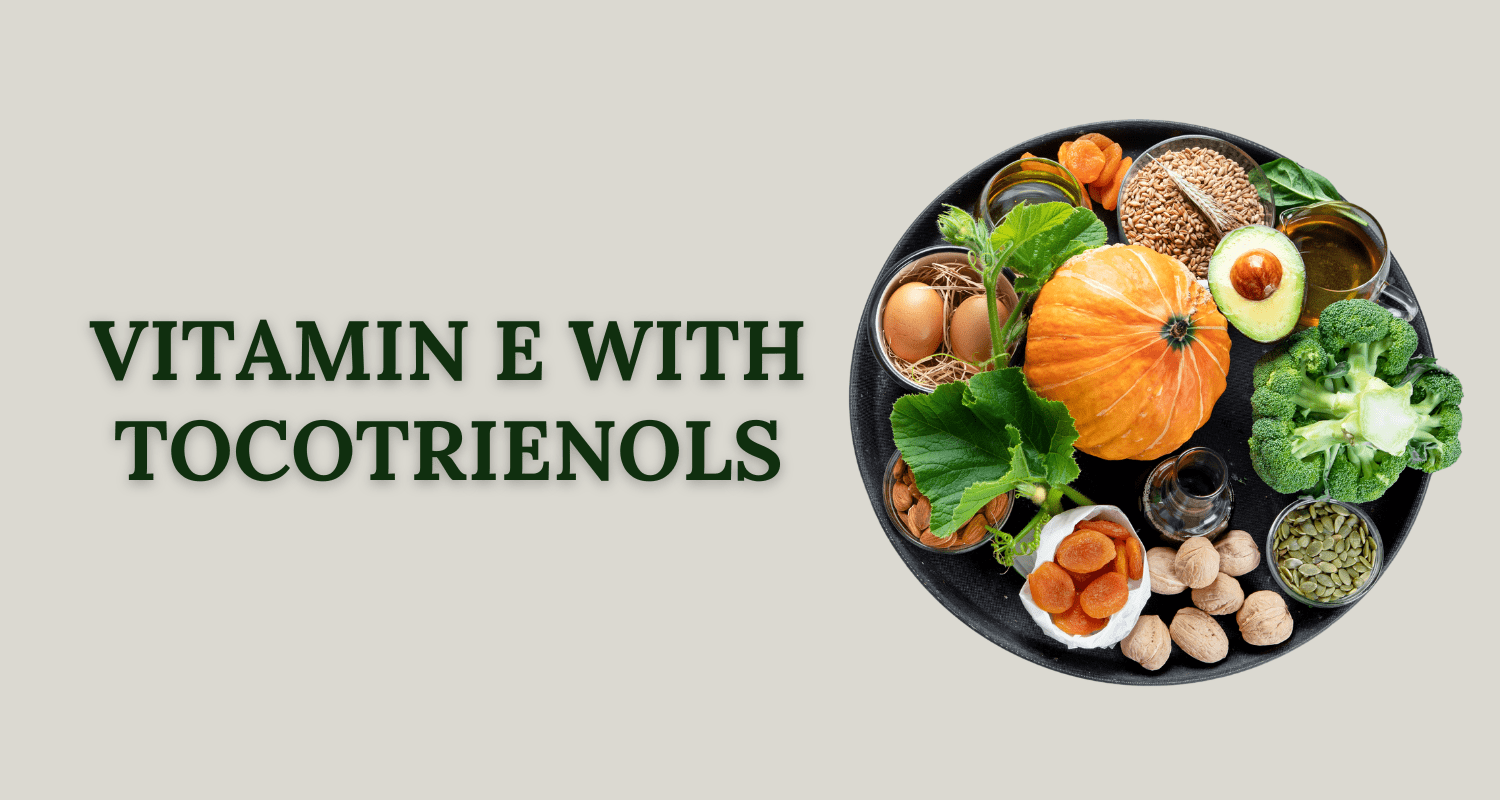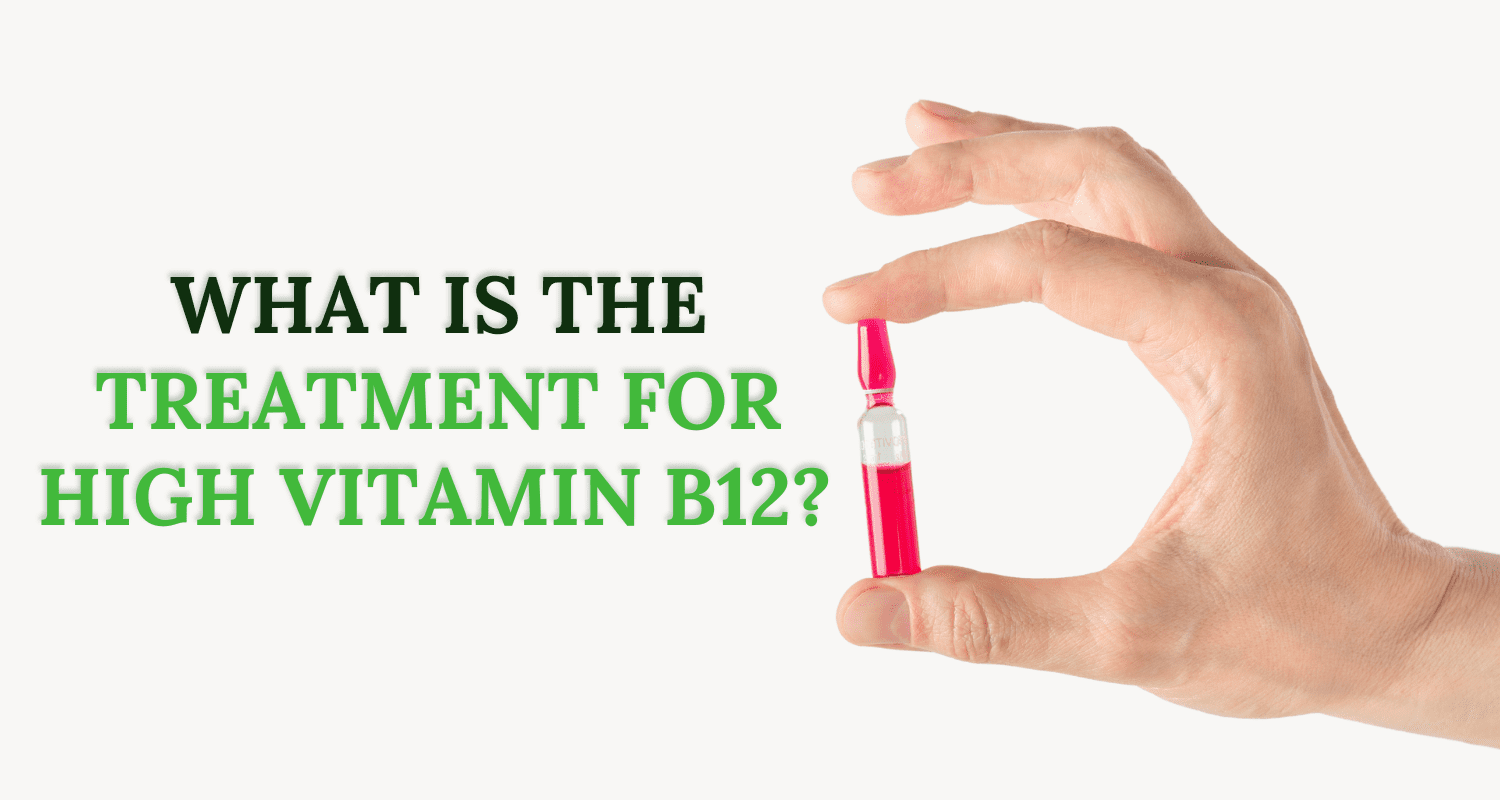Did you know that incorporating a variety of foods into your diet can provide you with the necessary benefits from the different sources of vitamin A B C D E and K for optimal health?
These essential nutrients play crucial roles in maintaining a balanced diet and promoting overall well-being.
In this comprehensive guide, we will explore the natural sources of vitamin A B C D E and K, enabling you to make informed choices and enjoy a nutrient-rich diet.
Let’s explore different sources of vitamin A B C D E and K.
Key Takeaways:
- Discover the natural sources of vitamin A B C D E and K.
- Learn how each vitamin contributes to your health.
- Find out which foods to incorporate into your diet to meet your nutritional needs.
- Understand the importance of a balanced diet for optimal health.
- Consult with a healthcare professional or registered dietitian to establish a personalized and well-rounded diet plan.
Sources of Vitamin A
Vitamin A is crucial for healthy vision, immune function, and cell growth.
It plays a significant role in maintaining overall well-being.
Including foods rich in vitamin A in your diet is essential to meet your nutritional needs.
Here are some excellent sources of vitamin A:
- Liver: Organ meats, such as beef liver, are highly concentrated sources of vitamin A.
- Carrots: These vibrant orange root vegetables are well-known for their high vitamin A content.
- Sweet Potatoes: Rich in antioxidants, sweet potatoes are a delicious source of this essential vitamin.
- Spinach: Dark leafy greens like spinach are not only packed with iron but also provide a good amount of vitamin A.
- Cod Liver Oil: This supplement derived from the liver of cod fish is a potent source of vitamin A, along with vitamin D and omega-3 fatty acids.
Incorporating these sources of vitamin A into your meals can have a positive impact on your overall health and well-being.
Remember to prioritize a balanced diet that includes a variety of nutritious foods to ensure you are getting an adequate intake of all essential nutrients.
Foods High in Vitamin B
The B vitamins, consisting of B1 (thiamine), B2 (riboflavin), B3 (niacin), B5 (pantothenic acid), B6 (pyridoxine), B7 (biotin), B9 (folate), and B12 (cobalamin), play an essential role in various bodily functions.
They are involved in energy production, brain function, and metabolism, making them vital for overall health and well-being.
If you’re looking to increase your intake of vitamin B, incorporate these nutrient-rich foods into your diet:
Meat
- Beef: A great source of B vitamins, including B3 and B6.
- Chicken: Contains B3 and B6, along with other essential nutrients.
Fish
- Salmon: Rich in B3, B6, and B12, as well as omega-3 fatty acids.
- Tuna: Provides B3, B6, and B12, along with heart-healthy omega-3s.
Eggs
Whole eggs are a complete source of B vitamins, with B2, B5, B6, B7, and B12 found in both the yolk and the white. Include them in your meals for a boost of essential nutrients.
Legumes
- Lentils: Packed with B vitamins, lentils offer a good source of protein and dietary fiber.
- Chickpeas: Contains B6, folate, and other important nutrients.
Dairy Products
- Milk: Provides B2, B3, and B12, as well as calcium and vitamin D.
- Yogurt: Contains B2, B12, and other beneficial nutrients for gut health.
Leafy Greens
- Spinach: A nutrient powerhouse, spinach offers a good amount of B2, B6, folate, and other essential vitamins and minerals.
- Kale: Another leafy green packed with B vitamins, kale is also rich in vitamin K and antioxidants.
By incorporating these foods into your diet, you can ensure you’re getting an adequate amount of B vitamins to support your overall health and well-being.
Best Sources of Vitamin C
Vitamin C is a powerful antioxidant that plays a vital role in supporting the immune system and promoting collagen production.
Including foods rich in vitamin C in your diet can help boost your overall health and well-being.
Here are some of the best sources of vitamin C:
- Citrus fruits: Oranges, grapefruits, and lemons are well-known sources of vitamin C. Enjoy a refreshing glass of orange juice or add slices of citrus fruits to your salads for a burst of vitamin C.
- Strawberries: These sweet and juicy berries pack a punch of vitamin C. Enjoy them on their own as a snack, toss them into smoothies, or add them to your morning cereal.
- Kiwi: This small, fuzzy fruit is a delicious source of vitamin C. Slice it up and enjoy it on its own, or add it to fruit salads for an extra vitamin C boost.
- Bell peppers: Bell peppers, especially the red and yellow varieties, are high in vitamin C. Add them to stir-fries, salads, or stuff them with your favorite fillings for a nutritious and vitamin C-rich meal.
- Broccoli: This versatile vegetable is not only rich in fiber but also a great source of vitamin C. Steam or roast it as a side dish, add it to stir-fries, or blend it into soups and sauces.
Incorporating these vitamin C-rich foods into your diet can help ensure that you meet your daily requirements for this essential nutrient.
Whether you prefer citrus fruits, berries, or vegetables, there are plenty of delicious options to choose from.
Foods Rich in Vitamin D
Vitamin D is an essential nutrient that plays a crucial role in maintaining strong bones, supporting immune function, and promoting overall well-being.
Incorporating foods rich in vitamin D into your diet can help ensure you meet your daily requirements.
Here are some excellent sources of vitamin D:
- Fatty fish: Salmon, mackerel, and sardines are excellent natural sources of vitamin D. Including these fish in your diet can provide a significant amount of this important nutrient.
- Fortified dairy products: Many dairy products such as milk, yogurt, and cheese are fortified with vitamin D. Check the labels to ensure you are choosing products that contain this nutrient.
- Sunlight exposure: While it may not be a food source, sunlight exposure is an important way for our bodies to naturally produce vitamin D. Spending time outdoors, especially during the sunniest hours of the day, can help increase your vitamin D levels.
By including these foods in your diet and getting regular sunlight exposure, you can ensure adequate vitamin D intake, supporting your bone health, immune system, and overall well-being.
Sources of Vitamin E
Vitamin E is an antioxidant that protects cells from damage.
Including these sources of vitamin E in your diet can help promote overall health and well-being:
- Nuts and Seeds: Almonds, sunflower seeds, and hazelnuts are excellent sources of vitamin E.
- Spinach: This leafy green vegetable not only provides vitamin E but also offers a variety of other essential nutrients.
- Broccoli: Along with being rich in vitamin C, broccoli is also a good source of vitamin E.
- Avocados: This creamy fruit is packed with healthy fats and vitamin E, making it a nutritious addition to your diet.
- Vegetable Oils: Wheat germ oil, sunflower oil, and safflower oil are examples of vegetable oils that contain vitamin E.
Incorporating these sources of vitamin E into your meals and snacks can help ensure you’re getting the antioxidant benefits of this essential nutrient.
Top Sources of Vitamin K
Vitamin K is an essential nutrient that plays a critical role in blood clotting and maintaining proper bone health.
Incorporating foods rich in vitamin K into your diet is crucial for overall wellness.
Here are some of the top sources of vitamin K:
- Leafy greens: Kale and spinach are excellent sources of vitamin K. These nutrient-dense greens can be enjoyed in salads, sautés, or smoothies, providing a substantial amount of this vital vitamin.
- Broccoli: This versatile vegetable not only offers a host of other nutrients but is also a significant source of vitamin K. Incorporate it into stir-fries, roasted vegetables, or enjoy it raw with dip.
- Brussels sprouts: These mini cabbage-like vegetables are packed with vitamin K and can be roasted, steamed, or sautéed for a delicious and nutritious addition to your meals.
- Fermented foods: Some fermented foods, such as natto and sauerkraut, contain high levels of vitamin K. These probiotic-rich foods provide additional gut health benefits along with their vitamin K content.
By including these top sources of vitamin K in your diet, you can ensure that your body receives an adequate supply of this essential nutrient, supporting your overall health and well-being.
Conclusion
Incorporating a variety of foods into your diet is essential for maintaining optimal health and ensuring you receive the necessary nutrition from sources of vitamin A B C D E and K.
Luckily, there are numerous sources available to meet your nutritional needs.
Fruits and vegetables are excellent sources of vitamins, particularly vitamin C.
Citrus fruits like oranges and strawberries, kiwi, bell peppers, and broccoli are all packed with this powerful antioxidant that boosts your immune system and supports collagen production.
Protein-rich foods, such as meat, fish, eggs, and legumes, are essential for obtaining vitamin B.
These vitamins play a crucial role in energy production, brain function, and metabolism, making them vital for your overall well-being.
Do not forget to include healthy fats in your diet.
Nuts and seeds, spinach, avocado, and vegetable oils provide your body with vitamin E, an antioxidant that helps protect your cells from damage.
Furthermore, for vitamin K, it is recommended to consume leafy greens such as kale, spinach, and Brussels sprouts.
These foods contribute to blood clotting and support bone health.
To ensure a balanced and personalized diet plan, it is always advisable to consult with a healthcare professional or registered dietitian. They can guide you in incorporating the right foods and help you meet your specific nutritional goals.
FAQs
What are the sources of vitamin A B C D E and K?
Sources of vitamin A include liver, carrots, and sweet potatoes; for vitamin B, it’s found in meat, fish, and dairy; vitamin C is abundant in citrus fruits and vegetables; vitamin D is synthesized by the body through sunlight and found in fatty fish and fortified foods; vitamin E is found in nuts, seeds, and vegetable oils; and vitamin K is present in green leafy vegetables, broccoli, and soybeans.
What are the sources of vitamin A, B, C, and D?
Sources of vitamin A include liver, carrots, and sweet potatoes; vitamin B is found in meat, fish, and dairy products; vitamin C is abundant in citrus fruits and vegetables; and vitamin D is synthesized by the body through sunlight exposure and found in fatty fish and fortified foods.
What are the vitamins A, B, C, D, E, and K?
Vitamin A is important for vision and immune function; B vitamins play a role in metabolism and energy production; vitamin C is an antioxidant and aids in collagen production; vitamin D supports bone health and immune function; vitamin E is an antioxidant protecting cells from damage; and vitamin K is essential for blood clotting and bone health.
What are vitamin sources of K?
Sources of vitamin K include green leafy vegetables like spinach, kale, and broccoli, as well as soybeans and vegetable oils.
What are the sources of vitamin D and vitamin K?
Vitamin D is synthesized by the body through sunlight exposure and found in fatty fish and fortified foods, while vitamin K is abundant in green leafy vegetables, broccoli, and soybeans.
What food is highest in vitamin K?
Foods highest in vitamin K include green leafy vegetables like kale, spinach, collard greens, and broccoli, as well as soybeans and vegetable oils.
What is the vitamin K deficiency?
Vitamin K deficiency can lead to impaired blood clotting, increased risk of excessive bleeding, and weakened bones, potentially leading to conditions like osteoporosis.
Disclaimer: This content, including advice, provides generic information only. It is not a substitute for a qualified medical opinion. Always consult a specialist or your doctor for more information. Nutrition Cult does not claim responsibility for this information.




